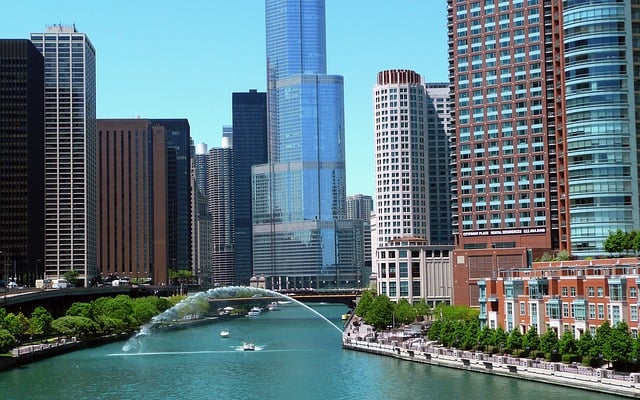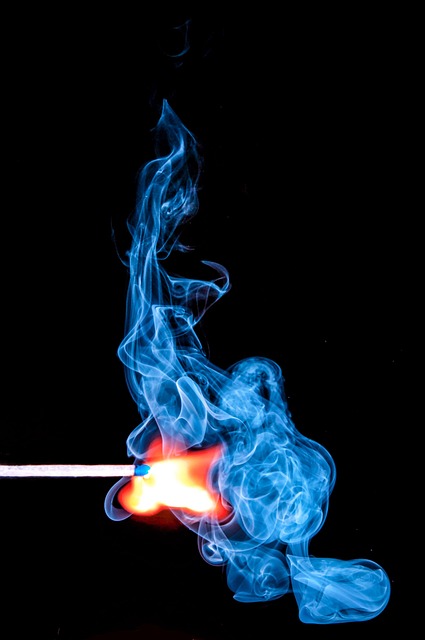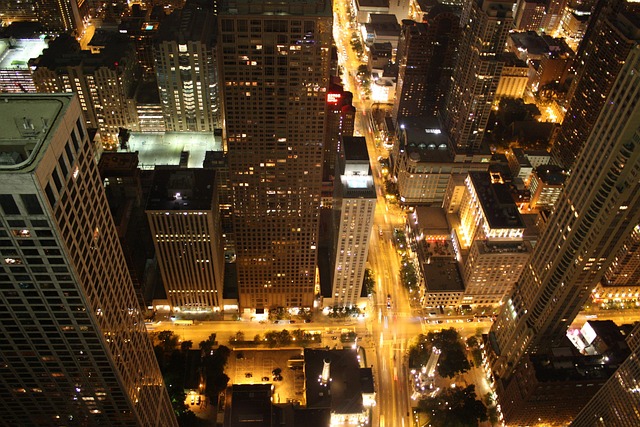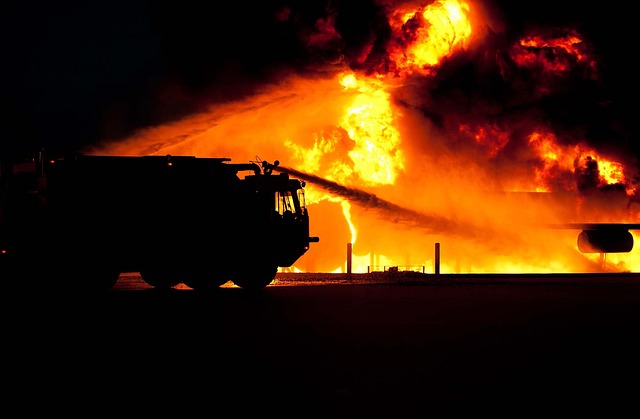Selling a fire-damaged property in Chicago requires adhering to stringent local regulations aimed at safety, neighborhood standards, and fair real estate practices. Homeowners must understand building codes, zoning laws, and disclosure requirements, with resources available from the Department of Building and Zoning for guidance on repairs, demolition, or renovation projects. Transparency during repairs is crucial for buyers, who may require proof of compliance, especially after post-fire renovations. Disclosure of fire damage history to potential buyers is mandatory to promote fair transactions and avoid legal issues.
Chicago’s housing regulations regarding the sale of fire-damaged properties can be complex, but understanding these rules is crucial for both sellers and buyers. This article serves as a comprehensive guide for those looking to navigate the legalities of selling fire-damaged real estate in Chicago. We break down key regulations, inspection requirements, and disclosure obligations to ensure a smooth transaction process. By understanding these guidelines, you’ll be better equipped to manage expectations and make informed decisions when selling fire-damaged property in Chicago.
- Understanding Chicago's Housing Regulations for Selling Fire-Damaged Property
- Navigating the Legalities: What You Need to Know When Selling Fire-Damaged Real Estate in Chicago
Understanding Chicago's Housing Regulations for Selling Fire-Damaged Property
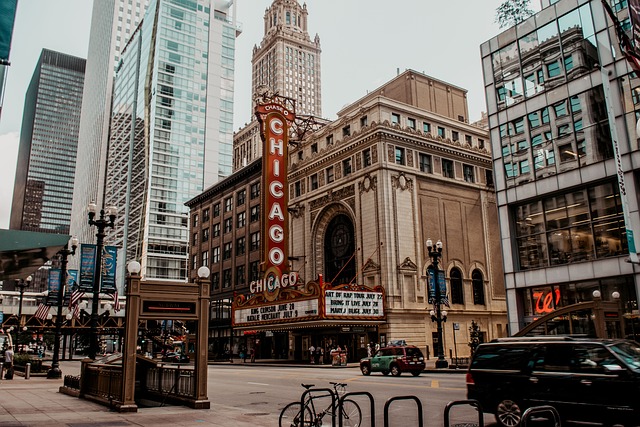
Selling fire-damaged property in Chicago comes with unique regulations that buyers and sellers must understand before proceeding. These regulations are designed to ensure safety, maintain neighborhood standards, and promote fair real estate practices. If a property has experienced significant damage from a fire, it’s crucial to be aware of the local building codes and zoning laws that may apply. Chicago’s Department of Building and Zoning offers resources to help homeowners navigate these complexities, providing guidelines on repairs, demolition, or renovation projects.
When preparing to sell a fire-damaged property in Chicago, sellers must ensure all necessary permits are obtained for any repairs or alterations made to the structure. This process involves filing detailed reports and plans with the appropriate authorities, demonstrating compliance with local building standards. Transparency during this phase is essential, as buyers will likely conduct inspections and may require proof of compliance with regulations, especially if the property has undergone substantial renovations post-fire.
Navigating the Legalities: What You Need to Know When Selling Fire-Damaged Real Estate in Chicago
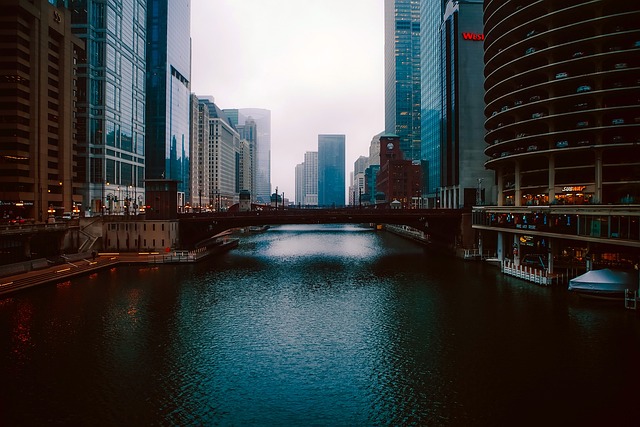
Navigating the legalities of selling fire-damaged real estate in Chicago requires a thorough understanding of local regulations and guidelines. After a fire, property owners must adhere to strict standards set by the city before putting their home on the market. The first step is conducting a comprehensive inspection to assess the extent of damage and determine if the structure is safe for occupation. This process often involves professionals like architects, engineers, and certified inspectors who evaluate the building’s integrity and identify necessary repairs.
Chicago housing regulations mandate that fire-damaged properties undergo substantial renovations to ensure they meet safety and health standards. Sellers must obtain the required permits from the relevant authority, typically the Department of Building and Engineering, before initiating any reconstruction work. Additionally, property owners are expected to disclose the history of fire damage to potential buyers, providing transparency and ensuring fair transactions. Compliance with these regulations is crucial to avoid legal complications and facilitate a smooth selling process for fire-damaged real estate in Chicago.
Selling fire-damaged property in Chicago involves navigating specific housing regulations designed to protect both property owners and buyers. Understanding these regulations, as outlined in this article, is crucial for a smooth and legal transaction. When selling fire-damaged real estate in Chicago, it’s essential to be informed about the necessary repairs, disclosure requirements, and potential insurance implications. By adhering to these guidelines, you can ensure a successful sale while mitigating any legal complications associated with selling fire-damaged property in this vibrant city.

